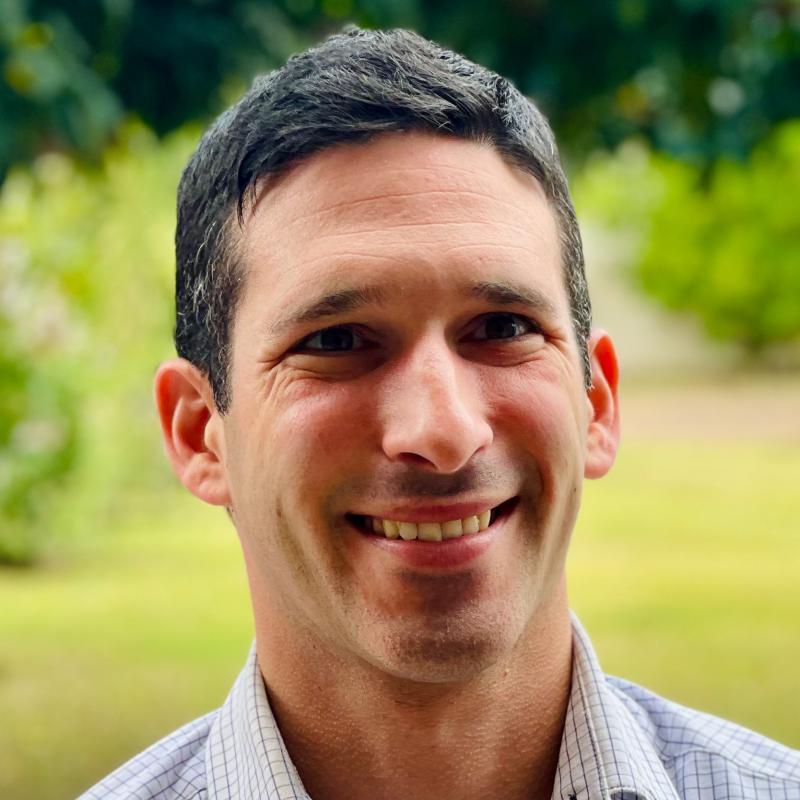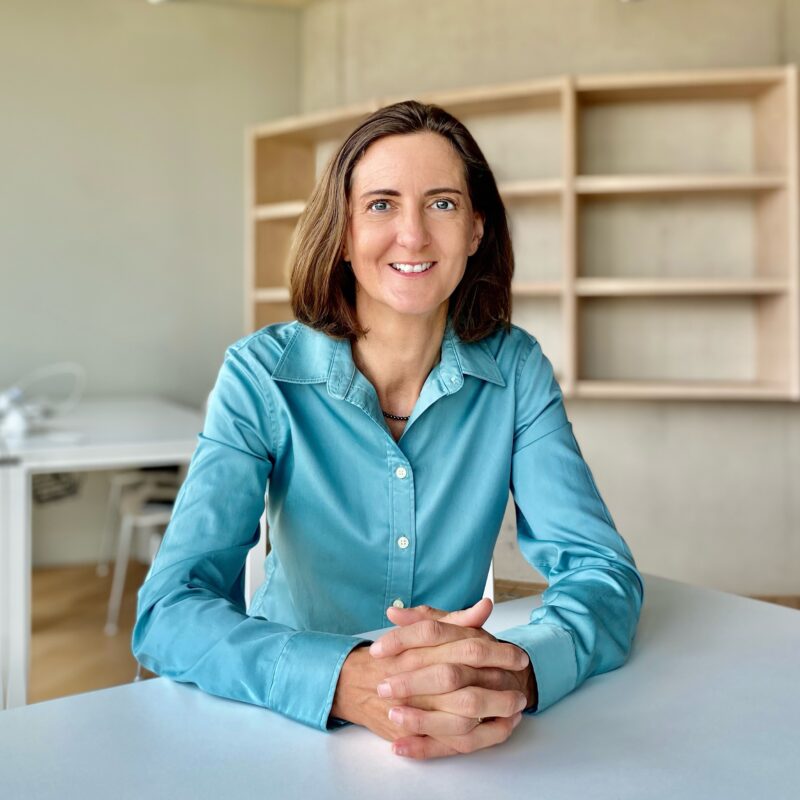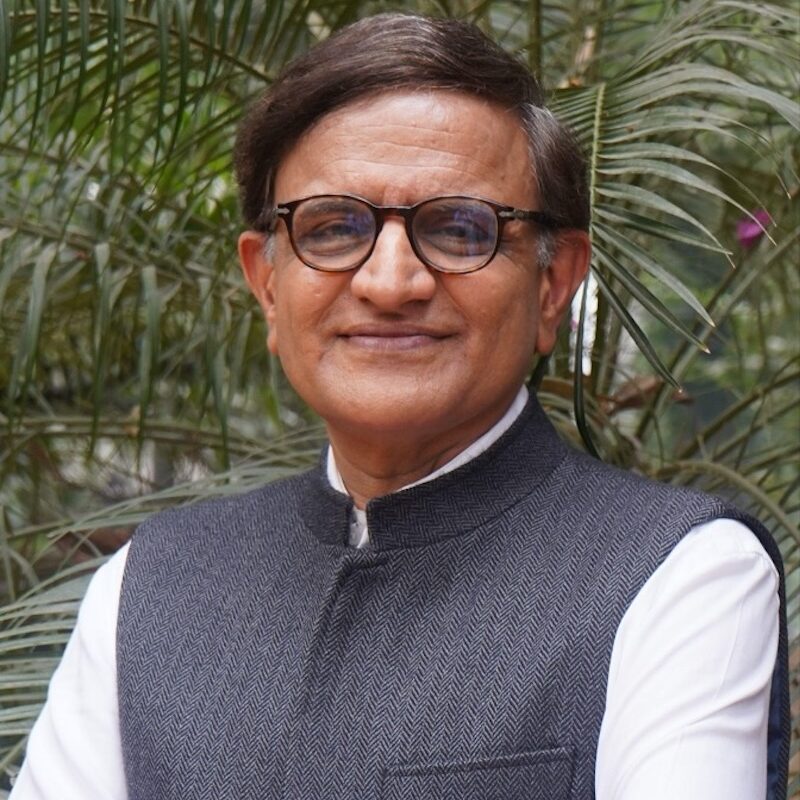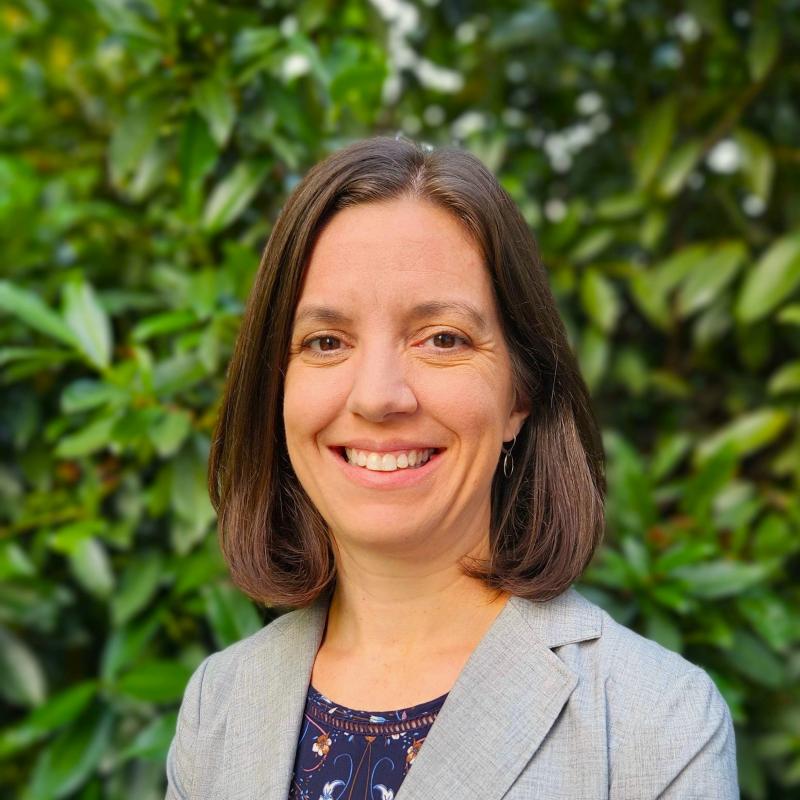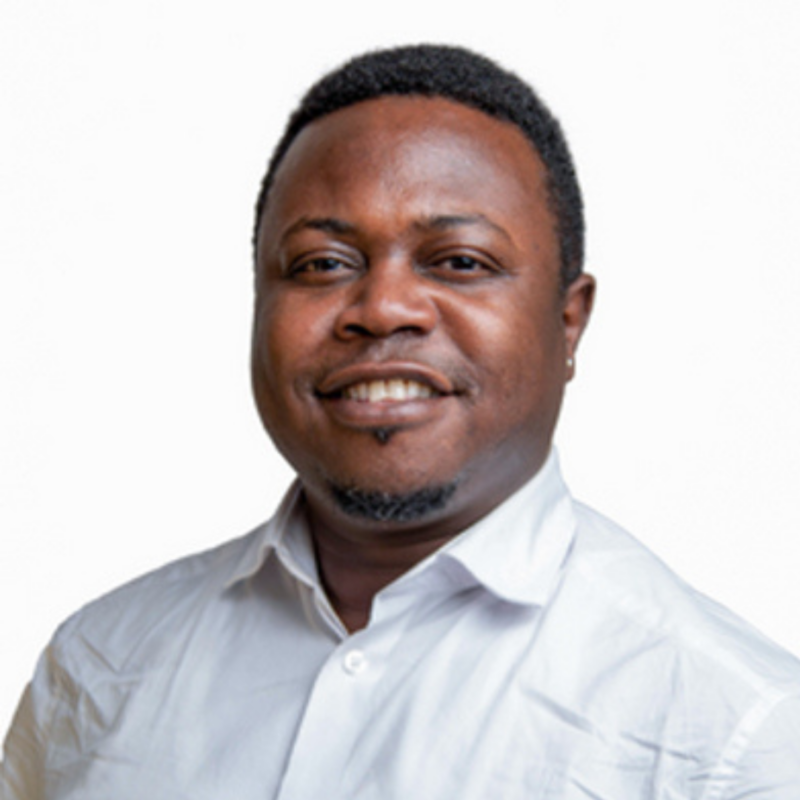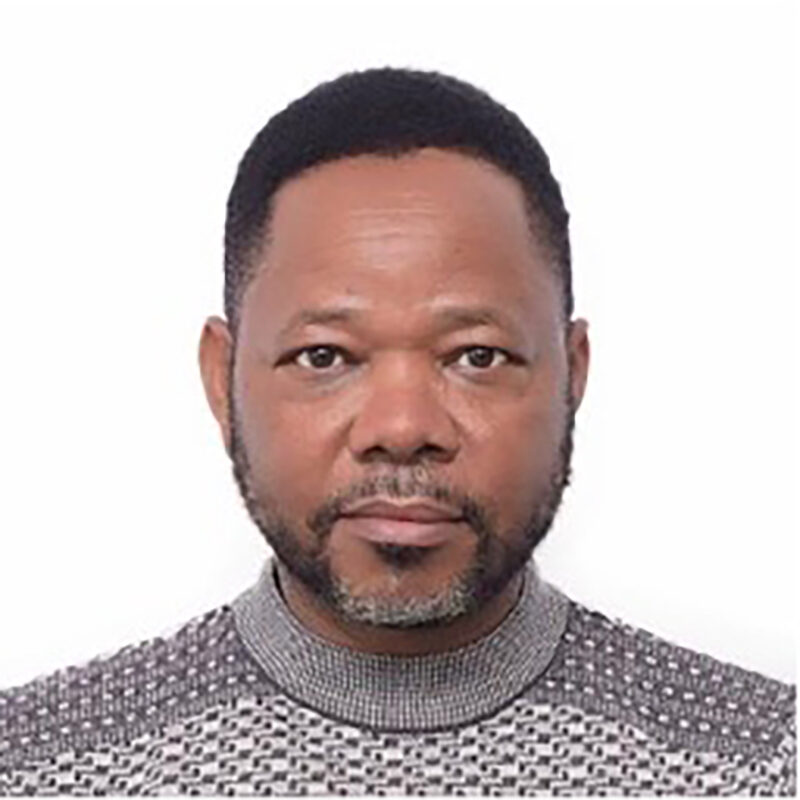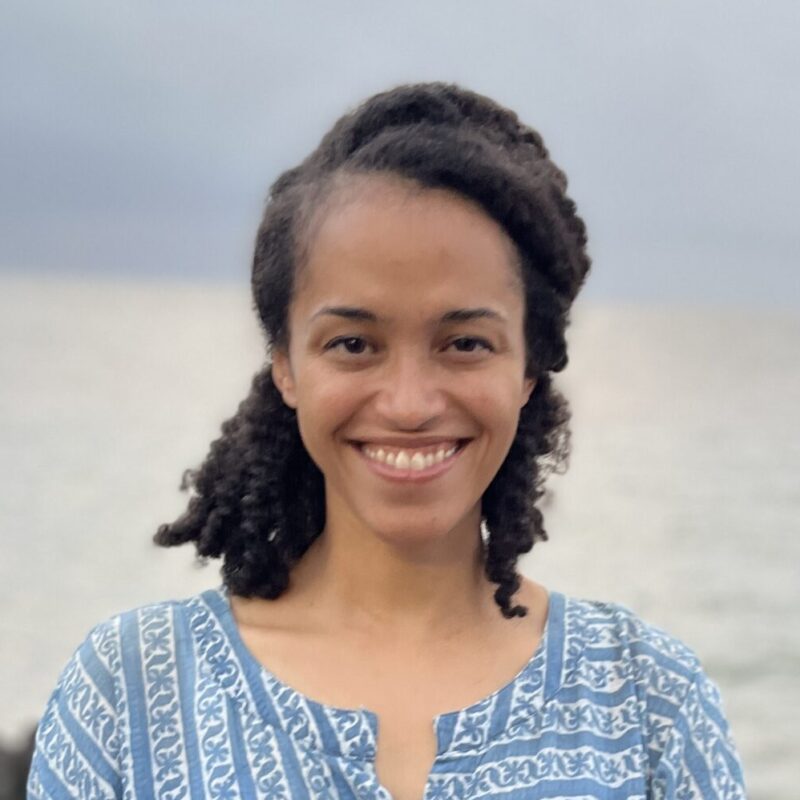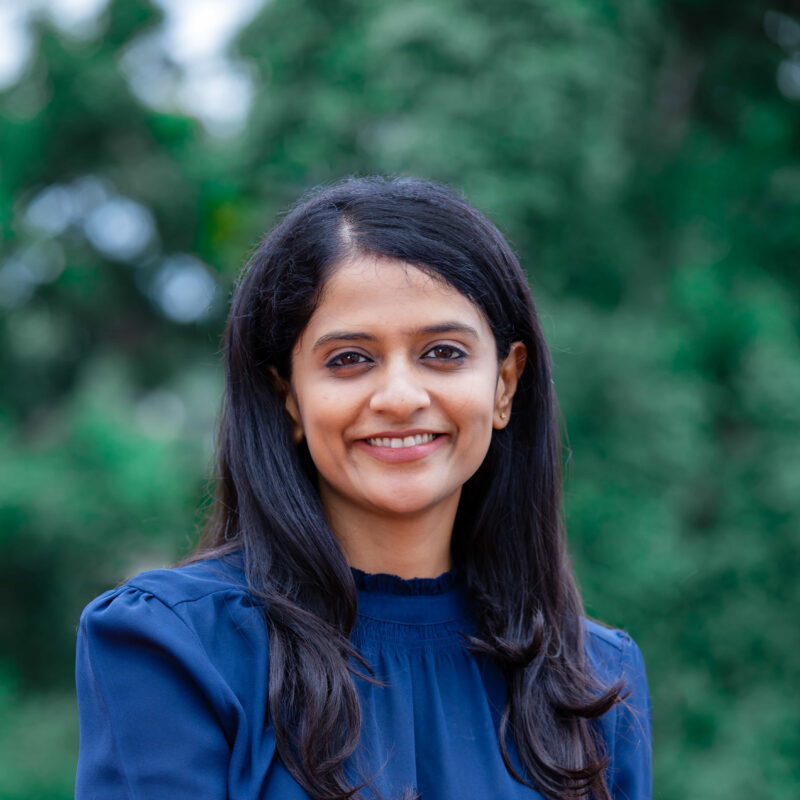Blog
Scale, sustainability and supporting the system: reflections on maximising impact when resources are tight
Noam Angrist, Rachel Hinton, Dhir Jhingran, Michelle Kaffenberger, Anustup Nayak, Armando Ali, Marla Spivack, Jonathan Stern, Titus Syengo, Cath Elliston, Rebecca Trupin and Swathi Attavar
Challenges around foundational learning have persisted for decades, but new fiscal pressures – including a decline of over $1 billion in development aid – have brought added urgency to the task of improving education outcomes. Alongside the 2025 UKFIET conference in Oxford, we brought together experts from our Community of Practice, working across the global education sector to share their reflections.
This event brought together a panel of education leaders and practitioners: Dhir Jhingran (Language and Learning Foundation), Titus Syengo (Teaching at the Right Level Africa), Anustup Nayak (Central Square Foundation), Armando Ali (People’s Action for Learning Network), and Marla Spivack (World Bank). The discussion was chaired by Jonathan Stern (Gates Foundation), with opening remarks from Noam Angrist (What Works Hub for Global Education) and closing reflections from Rachel Hinton (Foreign, Commonwealth and Development Office) and Michelle Kaffenberger (What Works Hub for Global Education).
Noam Angrist, Academic Director of the What Works Hub for Global Education, underscored the need to sit at the intersection of rigour and practicality. Rather than holding out for perfect research conditions, he argued, researchers should join real-world efforts, embedding evidence into implementation and education labs where it can both withstand scrutiny and shape practice. His call was to leverage existing resources and systems, avoid operating in silos, and track implementation rigorously: ‘Let’s see if existing policies are actually happening, and if not, try to course correct in real time.’ By doing so, he suggested, the education community can strike a balance where research is both credible and immediately useful.
Jonathan Stern, Deputy Director for Global Education at the Gates Foundation, developed this idea with the image of scaffolding:
‘On my walk to the [Blavatnik School of Government] building today, I was reflecting on what we really need in order to be successful and Oxford was kind enough to show me every building with scaffolding around it…I think that’s really the place where we are sitting right now…it’s really about providing the scaffolding for government.’
Jonathan invited panellists to share insights and advice from their respective contexts and challenged the audience to consider how to work ‘with and through governments, to the greatest extent possible’, ensuring that proven approaches are embedded within existing national education systems for impact at scale.
Building ‘with and through’ governments around the world
Dhir Jhingran, Founder and Director of the Language and Learning Foundation, described his work with ten state governments in India, embedding small teams inside systems. From mid-tier leadership training which is differentiated depending on the role of the instructor, to improving large-scale teacher training through demonstration and practice rather than just presentations, LLF’s focus is making existing structures work better. ‘Note that this work is not creating new systems,’ he explained, ‘it’s through government systems, just ensuring they work better. Any investment being made by funders should focus on strengthening the systems and capacities’, he added.
Titus Syengo, Executive Director of Teaching at the Right Level Africa, focused on scale and sustainability: ‘We look at scale not just as more projects, but scaling across a whole country. Whenever we enter a new country, we ask: can this reach at least 75% of the country? Otherwise, we reconsider [the programme’s approach].’ Crucially, programmes must consider costs and funding from governments so that governments have ‘more skin in the game’ for sustainability. He added that ‘Evidence must support and align with system priorities, so that even when governments change, priorities remain.’
Anustup Nayak, Project Director at the Central Square Foundation, highlighted India’s ‘Sputnik moment’ for foundational learning, with a notable jump in foundational literacy and numeracy outcomes from 2022-2024, as per the Annual Status of Education Report. He pointed to lessons from Uttar Pradesh, where progress has demonstrated the power of four levers:
- Clear goal-setting and assessments, from the state level down to teachers, ensuring clarity on what grade 3 children need to learn;
- Structured pedagogy, with states investing in additional support at relatively low cost;
- System capacity building; and
- Strong foundational learning monitoring and data use.
He emphasised that ‘good inputs are great, but better implementation multiplies that impact.’
Armando Ali, Chief Executive Officer of the People’s Action for Learning (PAL) Network, described citizen-led assessments as both data collection and mobilisation: ‘We do them in homes, with volunteers, to capture children in and out of school, spreading awareness of the issue and engaging more people in developing solutions.’ Context, he argued, matters: ‘We all talk about scale, but not all solutions will work in all contexts. One cannot administer paracetamol to everyone for every disease. Our mid-tier leaders need space to adapt solutions.’
Marla Spivack from the World Bank highlighted the Implementation Science for Education (ISE) programme, a collaboration with the What Works Hub for Global Education, which focuses on bridging the gap between research and practice by studying how to implement education reforms effectively. The programme is currently operating in Ghana, Rwanda and Nigeria. ‘Countries making education investments and the teams supporting them know they will face implementation challenges, and they are asking for systematic ways to address challenges they know are coming’, she said. ‘Implementation Science can be a core part of this…working together with governments to embed continuous learning into [system] monitoring and evaluation.’
Lessons learned
Rachel Hinton, Senior Education and Social Development Adviser at the Foreign, Commonwealth and Development Office, also emphasised these shifts. ‘What’s most important are relationships of trust and evidence champions who can seize policy windows.’ She called for a catalytic shift in mindset, urging the sector to return to a lesson long known but too often set aside in recent decades: the importance of working behind and with governments.
Finally, Michelle Kaffenberger, Director of Evidence Translation at the What Works Hub for Global Education, closed the event with a reflection that even while ‘the dark cloud of reduced funding hangs over us…we’ve heard fantastic examples in this session of children learning, programmes advancing, and governments committing to foundational learning.’ Looking ahead, she expressed optimism ‘that this moment will push us to do development differently’.
Supporting governments to implement at scale means meeting them where they are: leveraging existing systems, embedding evidence, and localising solutions for scale and sustainability. By focusing on fidelity, alignment and continuous learning, the global education community can help governments turn evidence into impact so that every child has the chance to master foundational skills to set them up for lifelong success.
To stay engaged with the What Works Hub for Global Education Community of Practice, join our mailing list.
Angrist, N., Hinton, R., Jhingran, D., Kaffenberger, M., Nayak, A., Spivack, M., Stern, J., Syengo, T., Elliston, C., Trupin, R. & Attavar, S. 2025. Scale, sustainability and supporting the system: reflections on maximising impact when resources are tight. What Works Hub for Global Education. Blog. 2025/027. https://doi.org/10.35489/BSG-WhatWorksHubforGlobalEducation-BL_2025/027
Discover more
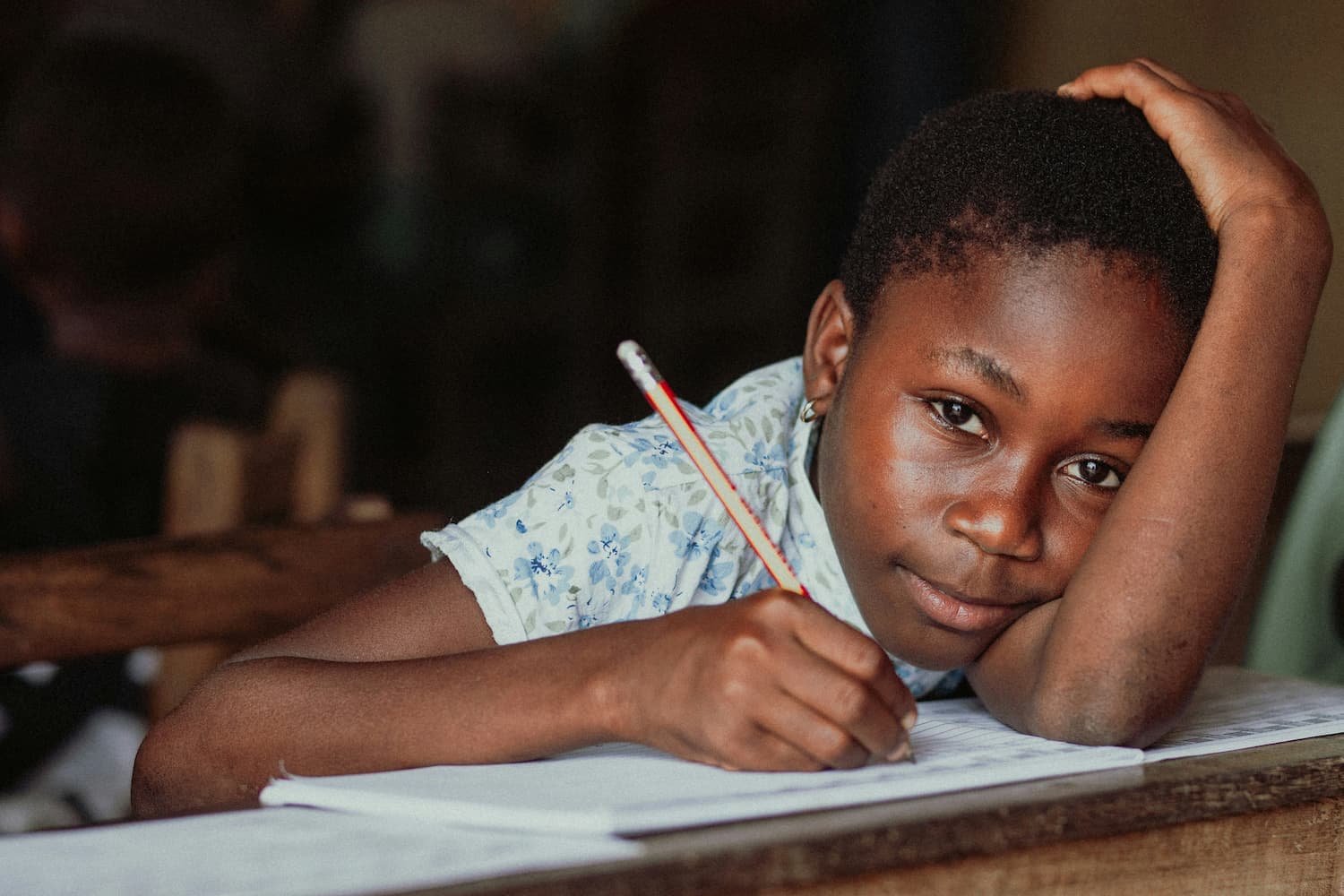
What we do
Our work will directly affect up to 3 million children, and reach up to 17 million more through its influence.
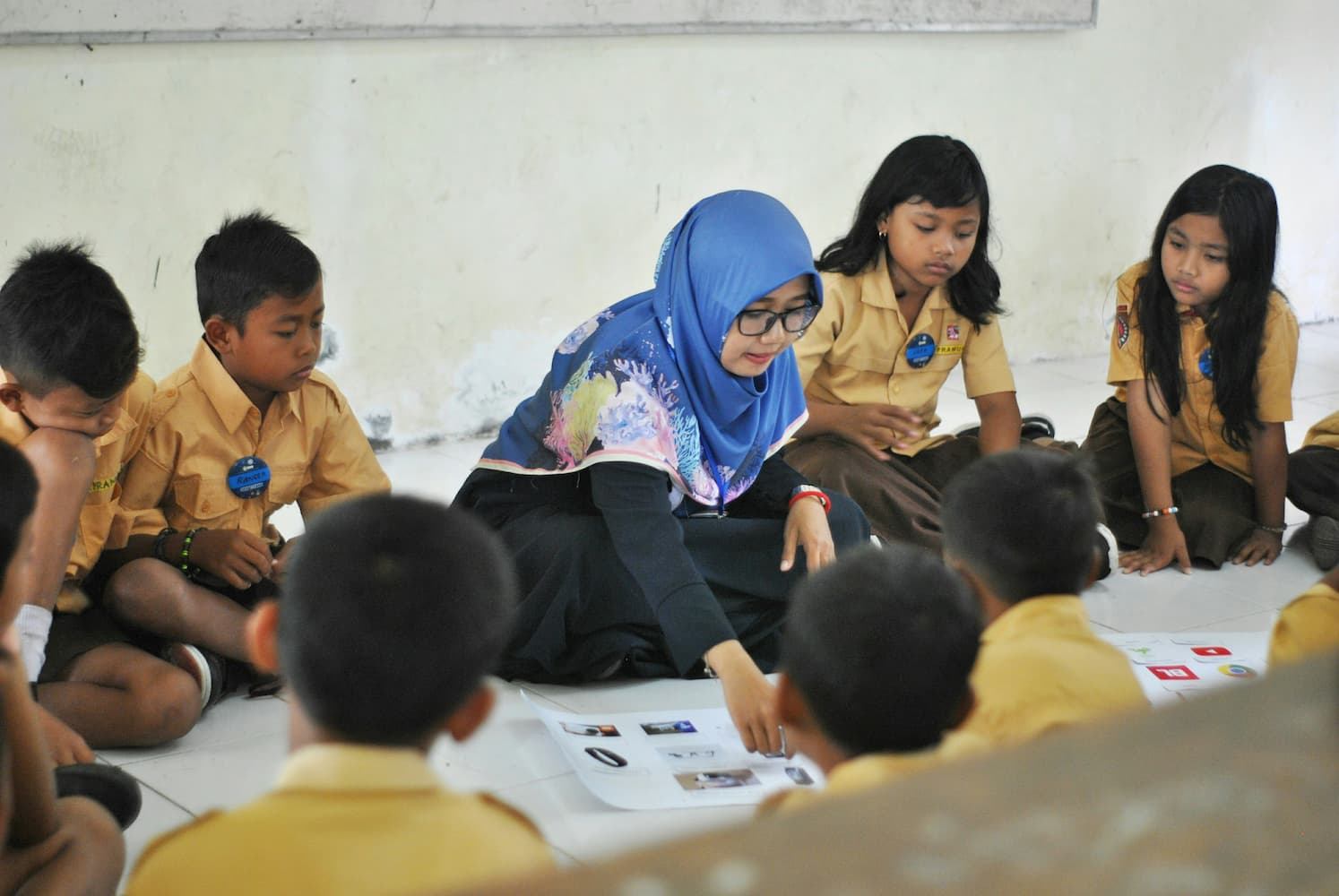
Who we are
A group of strategic partners, consortium partners, researchers, policymakers, practitioners and professionals working together.
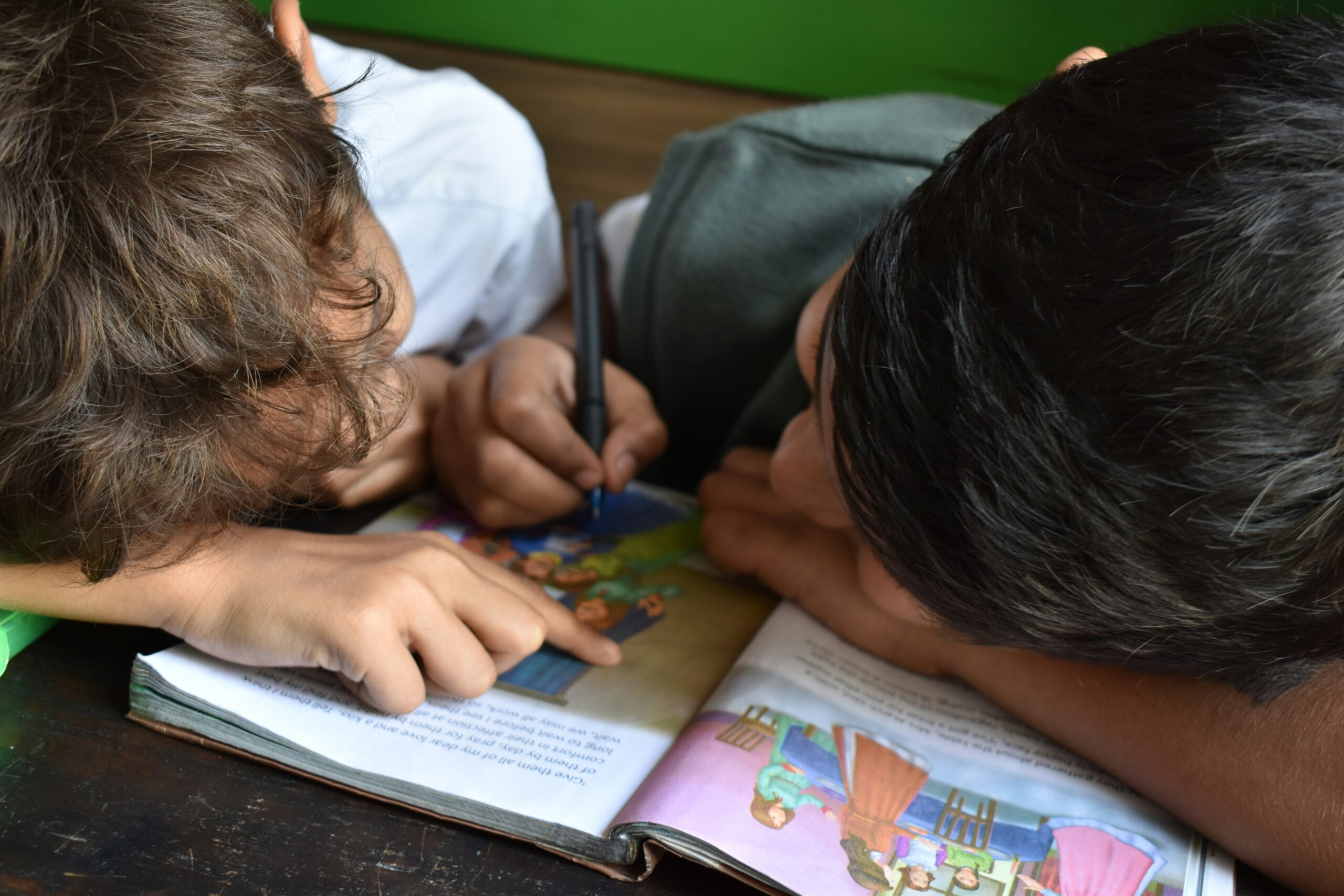
Get involved
Share our goal of literacy, numeracy and other key skills for all children? Follow us, work with us or join us at an event.
